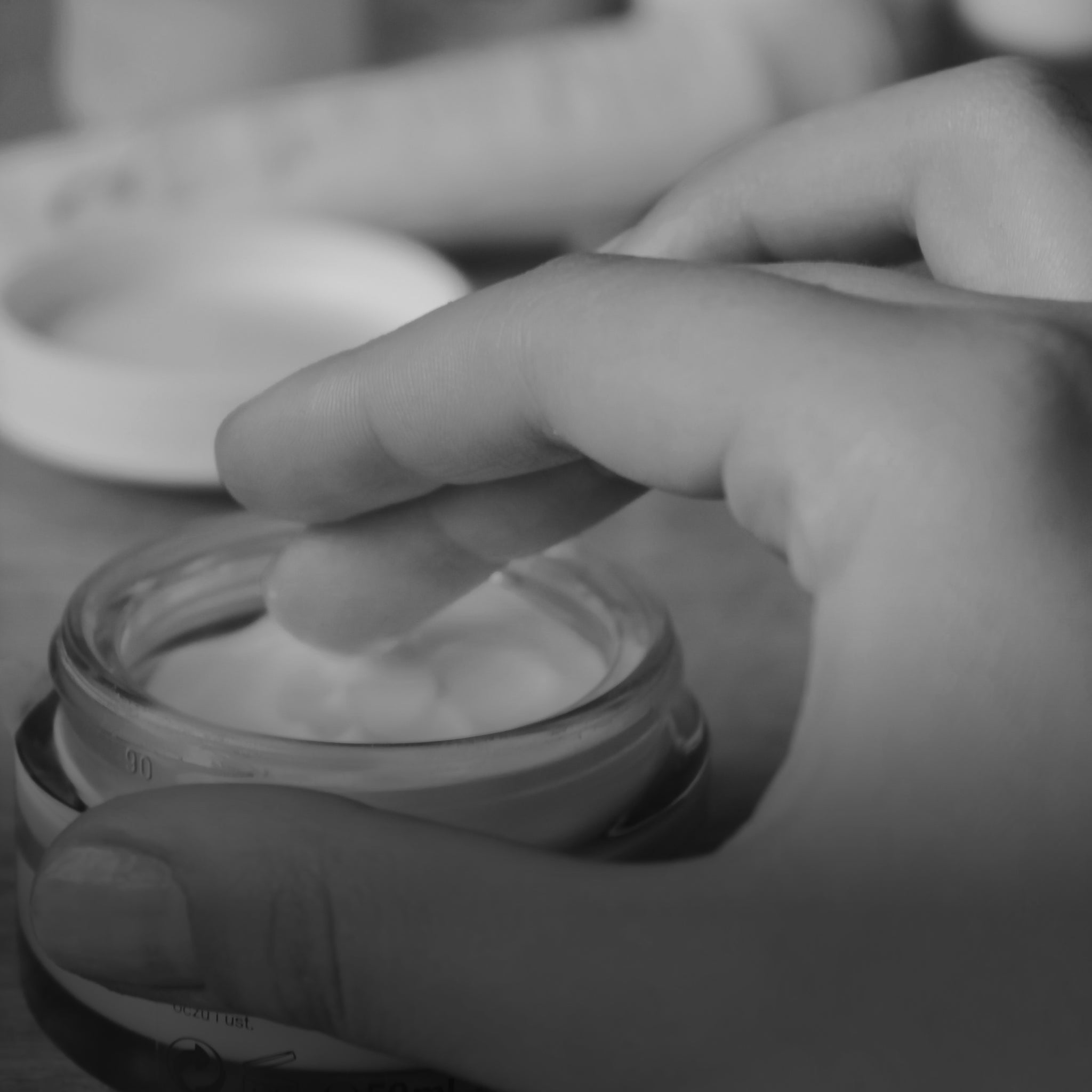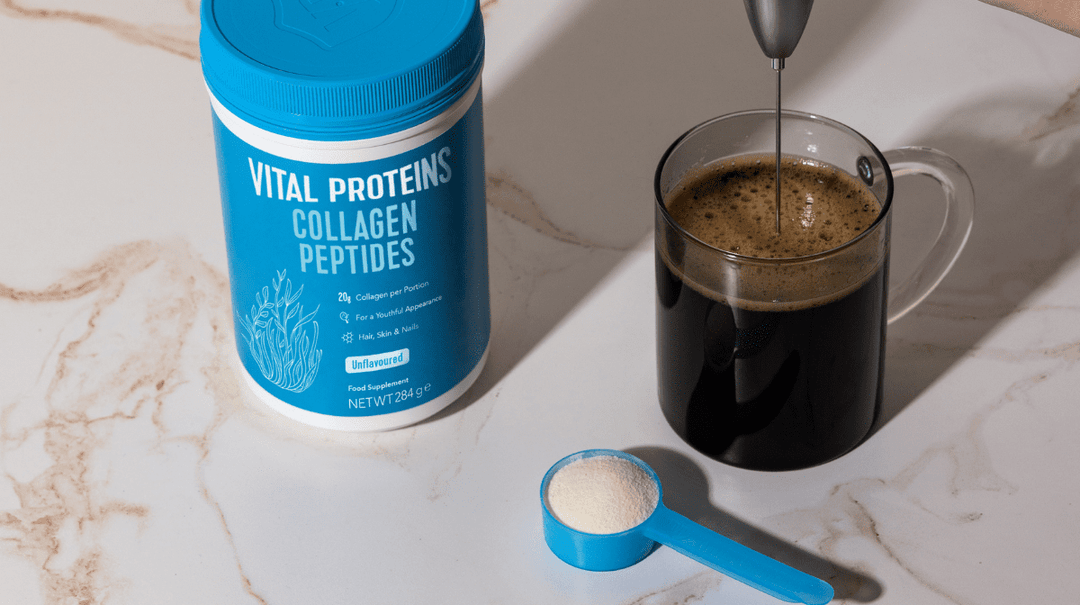Essential Skincare for Dry Skin: Tips for Nourishment and Hydration
Dry skin isn’t just a seasonal nuisance—it can be an ongoing skincare challenge that leaves your skin feeling tight, flaky, and uncomfortable. Whether you're dealing with chronic dryness or temporary dehydration due to weather, it's important to build a skincare routine that not only hydrates but also nourishes and protects your skin barrier.
Introduction to Dry Skin
-
Dry skin is a common skin concern that can cause tightness, discomfort, and flakiness, making it essential to find the right skincare routine.
-
Skincare products for dry skin should focus on providing long-lasting hydration and soothing dry skin.
-
Understanding the causes of dry skin is crucial in treating and relieving dry skin.
-
Dermatologists recommend using gentle, non-greasy moisturizers to help lock in moisture and prevent transepidermal water loss.

Understanding Dry Skin Causes
-
Dry skin can be caused by a combination of factors, including harsh weather, low humidity, and improper skincare routines.
-
Natural oils in the skin play a crucial role in maintaining the skin barrier, and their depletion can lead to dryness and irritation.
-
Skin types, such as sensitive skin, can be more prone to dryness and require special care.
-
Hot water, harsh cleansers, and irritating ingredients can strip the skin of its essential moisture, leading to dry, dehydrated skin.

Relieving Dry Skin
-
To relieve dry skin, it’s essential to use skincare products that provide deep hydration and help repair the skin barrier.
-
Hydrating serums, such as those containing hyaluronic acid and glycerin, can help add moisture and soothe dry skin.
-
Moisturizing products, including creams and body lotions, should be applied regularly to maintain skin hydration and prevent dryness.
-
Avoiding harsh ingredients, such as alcohol and fragrance, can help reduce irritation and discomfort.
Cleansing for Dry Skin
-
A gentle, hydrating cleanser is essential for dry skin, as it helps maintain the skin’s natural moisture barrier.
-
Cleansers should be fragrance-free and non-comedogenic to minimize irritation and dryness.
-
Avoid using hot water, which can strip the skin of its natural oils, and instead use warm water for cleansing.
-
Pat dry the skin instead of rubbing it vigorously to prevent further irritation and dryness.
Sensitive Skin Considerations
-
Sensitive skin requires special care, and skincare products should be chosen carefully to avoid irritation and dryness.
-
Look for products labeled “fragrance-free” and “hypoallergenic” to minimize the risk of irritation.
-
Avoid using harsh exfoliants or astringents, which can strip the skin of its natural oils and cause dryness.
-
Consider using a soothing mask or serum to help calm and hydrate sensitive skin.
Hydrating Serum Benefits
-
Hydrating serums can provide an intense dose of moisture to dry, dehydrated skin.
-
Ingredients such as hyaluronic acid, glycerin, and ceramides can help lock in moisture and support the skin barrier.
-
Hydrating serums can be used under moisturizers to enhance their effectiveness and provide long-lasting hydration.
-
Look for serums that are lightweight and non-greasy to avoid clogging pores and causing irritation.
Body Lotion for Dry Skin
-
Body lotions can provide essential moisture to dry skin, helping to soothe and hydrate.
-
Look for lotions that contain natural ingredients, such as shea butter and coconut oil, which can help nourish and moisturize the skin.
-
Apply body lotion immediately after bathing or showering to help lock in moisture and support the skin barrier.
-
Consider using a rich, creamy body butter to provide intense hydration to very dry skin.
Expert Advice from a Board Certified Dermatologist
-
A board-certified dermatologist can provide personalized advice and guidance on managing dry skin.
-
Dermatologists recommend using a consistent skincare routine that includes gentle cleansers, moisturizers, and hydrating serums.
-
Avoid using harsh products or exfoliants, which can strip the skin of its natural oils and cause dryness.
-
Consider seeking further guidance from a dermatologist if dry skin persists or worsens over time.
Moisturizing Products for Dry Skin
-
Moisturizing products should be chosen based on skin type and concern, such as dryness, sensitivity, or irritation.
-
Look for products that contain natural ingredients, such as hyaluronic acid, glycerin, and ceramides, which can help lock in moisture and support the skin barrier.
-
Consider using a rich, creamy moisturizer to provide intense hydration to very dry skin.
-
Avoid using harsh ingredients, such as alcohol and fragrance, which can strip the skin of its natural oils and cause dryness.
Seasonal Skincare Tips
-
Seasonal changes can affect the skin, and skincare routines should be adjusted accordingly.
-
During the winter months, consider using a richer, more moisturizing skincare routine to combat dryness and irritation.
-
In the summer months, look for lightweight, oil-free products that won’t clog pores or cause irritation.
-
Consider using a sunscreen with a high SPF to protect the skin from UV damage and dryness.
Common Mistakes to Avoid
-
Using harsh products or exfoliants can strip the skin of its natural oils and cause dryness.
-
Avoid using hot water, which can strip the skin of its natural oils and cause dryness.
-
Not using a moisturizer or hydrating serum can lead to dry, dehydrated skin.
-
Consider seeking further guidance from a dermatologist if dry skin persists or worsens over time.
What Is Hyaluronic Acid in Skincare?
Hyaluronic acid (HA) is a naturally occurring substance in the skin that plays a crucial role in maintaining moisture. It acts like a sponge, attracting and holding up to 1,000 times its weight in water, making it a powerhouse ingredient for hydration.
How to Use Hyaluronic Acid
-
Apply on damp skin – HA needs water to work effectively.
-
Follow with a moisturizer or facial oil to seal in hydration.
-
Use morning and night after cleansing and before heavier creams.
What Is a Hydrating Cleanser?
A hydrating cleanser is a gentle face wash designed to cleanse without stripping your skin’s natural moisture barrier. Unlike harsh soaps or foaming cleansers, hydrating cleansers remove dirt, oil, and impurities while leaving your skin soft, smooth, and balanced.
Why Use a Hydrating Cleanser?
Traditional cleansers can leave dry or sensitive skin feeling tight, flaky, or irritated. Hydrating cleansers are ideal because they:
-
Preserve the skin’s natural oils
-
Soothe irritation and reduce redness
-
Help maintain a healthy moisture barrier
-
Prep skin for serums and moisturizers
Dermatologists Recommend for Dry Skin
When it comes to treating and managing dry skin, board-certified dermatologists emphasize three key principles: gentle care, barrier repair, and consistent hydration.
1. Use a Gentle, Fragrance-Free Cleanser
Dermatologists caution against harsh soaps and foaming cleansers, which strip natural oils.
✅ Recommended by dermatologists:
-
CeraVe Hydrating Cleanser
-
Vanicream Gentle Cleanser
-
La Roche-Posay Toleriane Hydrating Cleanser
2. Moisturize Immediately After Cleansing
Apply moisturizer within 60 seconds of washing your face to lock in hydration—a rule often referred to as the “damp skin method.”
✅ Look for moisturizers with:
-
Ceramides – to repair the skin barrier
-
Hyaluronic acid – to draw in moisture
-
Glycerin – for long-lasting hydration
-
Petrolatum or dimethicone – to seal it all in
🧴 Derm-favorite brands:
-
CeraVe Moisturizing Cream
-
Eucerin Advanced Repair
-
Aveeno Calm + Restore Oat Gel Moisturizer
3. Incorporate a Humectant Serum (Like Hyaluronic Acid)
To boost hydration, dermatologists often suggest layering a humectant serum before your moisturizer.
✅ Apply on damp skin for best results.
📌 Popular choices:
-
The Ordinary Hyaluronic Acid 2% + B5
-
Vichy Mineral 89
-
Neutrogena Hydro Boost Serum
4. Protect Your Skin with SPF Every Morning
Dry skin is often more sensitive to UV damage. Dermatologists stress daily sun protection, even in winter or indoors.
✅ Recommended sunscreens for dry skin:
-
EltaMD UV Daily SPF 40 (includes hyaluronic acid)
-
La Roche-Posay Anthelios Melt-In Milk SPF 60
-
Aveeno Protect + Hydrate SPF 60
5. Avoid Common Irritants
Dermatologists suggest avoiding:
-
Alcohol-based toners
-
Fragranced skincare products
-
Over-exfoliation (especially physical scrubs)
Final Thoughts
Dry skin doesn’t have to mean dull, tight, or flaky skin. With the right skincare strategy—focused on hydration, nourishment, and protection—you can restore your skin’s natural softness and radiance. It’s all about consistency, gentle ingredients, and treating your skin with care.
FAQs
1. How can I tell if I have dry skin or dehydrated skin?
Dry skin lacks oil, while dehydrated skin lacks water. If your skin feels tight, rough, and flaky—even after moisturizing—you likely have dry skin. Dehydrated skin may feel dull or tight but can still be oily in some areas.
2. Can oily skin be dry too?
Yes. Skin can be both oily and dry—often referred to as “combination skin” or “dehydrated oily skin.” You might produce excess oil to compensate for an underlying lack of moisture. In such cases, gentle hydration and balancing ingredients are key.
3. How often should I exfoliate if I have dry skin?
Limit exfoliation to once or twice per week. Over-exfoliating can strip your skin’s protective barrier, making dryness worse. Choose mild chemical exfoliants like lactic acid or polyhydroxy acids (PHAs) that hydrate while they exfoliate.
4. Is it okay to use facial oils on dry skin?
Absolutely! Facial oils are excellent for dry skin. They help seal in moisture and strengthen the skin barrier. Look for non-comedogenic oils like jojoba, marula, or rosehip to avoid clogged pores.
5. What ingredients should I avoid if I have dry skin?
Avoid products with:
-
Alcohol (especially denatured alcohol)
-
Harsh sulfates (like SLS)
-
Fragrance (if your skin is sensitive)
-
Overly strong acids or retinoids without proper moisturization

















